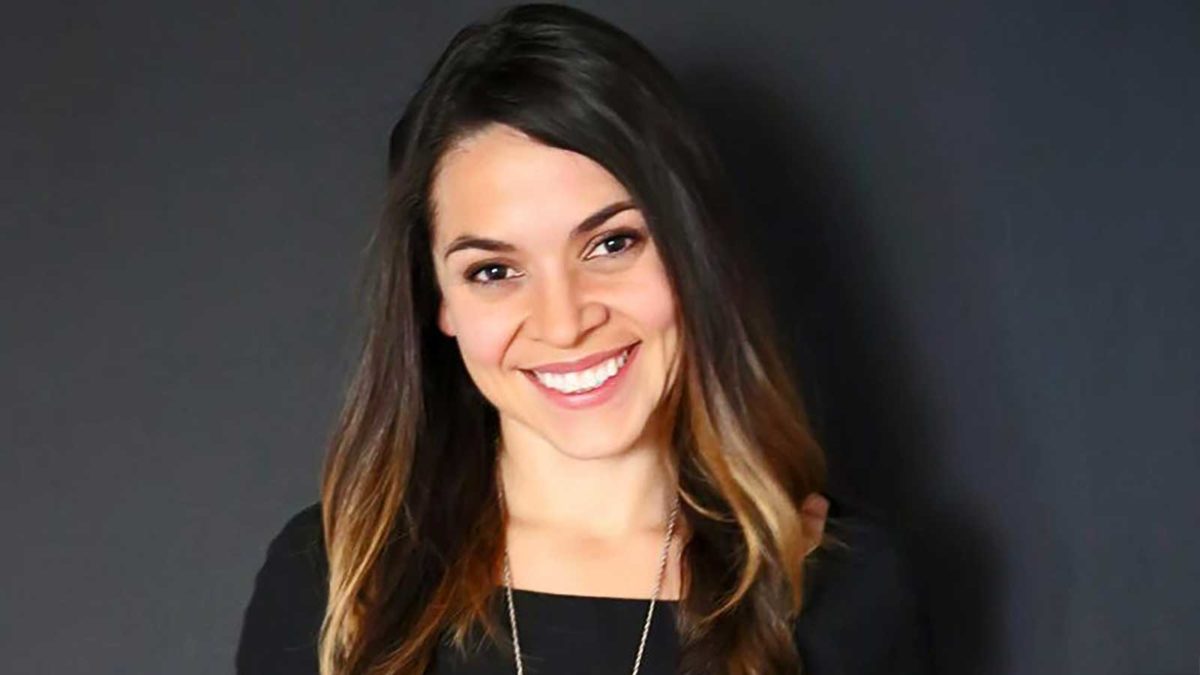Get ready for ‘Impact Plus’ and a ‘Dark Green’ fund
The investment world has its fair share of clever spin doctors, such as the investment banks behind the ‘BRICs’ and ‘PIGS’ of years past. Some intriguing labels are now coming out of the budding impact investing sector.
Mark Berryman, the managing director of impact and sustainable investing at US advisory firm Caprock Group, offered up some examples at a webinar to discuss the current state of labelling and validation for impact investing globally.

Just as investors have become increasingly aware of greenwashing by companies and managers to do with their low-carbon aspirations, and ‘rainbow-washing’ for their adherence to the SDGs (the 17 Sustainable Development Goals representing all the colours of the rainbow, and more), now they are being challenged by impact investment managers. Impact washing is just as worrying.
Berryman, an asset allocator who oversees a platform of nearly 50 impact funds, said at the webinar organised by impact specialist consulting firm Tideline this month (August 4), that some experienced impact managers, which had been around for 10-or-more years and have raised money for multiple impact funds don’t believe they need the word ‘impact’ in their title at all.
“And then we see some new ones which go so far as to come up with titles like ‘Impact Plus’, ‘Impact 2.0’ or ‘Impact Disrupt’,” he said. “And among tech funds, for climate tech there’s ‘resilience tech’ or ‘renewables tech’. Or, as recently as yesterday we saw ‘A Dark Green Fund’.”
Berryman said: “All this may be fine, but it still goes back to the core principle that they need to provide measurable impact metrics that they can defend for each and every investment in their portfolio… Impact washing is a growing concern.”
It’s those core principles of impact which was the main focus of the webinar and the progress which has been made after several years of discussions by various industry bodies in the US and Europe, especially advisory firms such as Tideline, which has been lobbying for consensus definitions around principles. Tideline this month published a 20-page guide on the subject, ‘Truth in Impact’.
Berryman said: “Consistency in reporting would be incredibly helpful but there is one thing which bis always challenging and that is the level of subjectivity which differs in everyone’s eyes. They say beauty is in the eye of the beholder and unfortunately in some cases ‘impact’ has been in the eye of the beholder.
“An example is that some people would think that ‘sustainable’ CPG companies (consumer packaged goods, such as Nestle, Philip Morris, Kraft, Unilever etc.) are ‘impact’. If you can measure it, report it and defend it, great. But in some people’s minds that’s not doing enough.”
He said those companies – and most others – would not pass muster of what should be labelled as ‘impact’. “That will be a challenge that we will have to go through forever.”
Three of the bodies working together on standardization are the GIIN (Global Impact Investing Network) the Impact Management Project and Imp+Impact Alliance. The GIIN announced last month (July 22) that it had been appointed by Imp+Impact Alliance to manage its impact classification system.
Kelly McCarthy, a director of impact measurement and management at the GIIN, told the Tideline webinar audience that the market was asking for a way to trust what products were being offered and what investors said that they were doing was in line with the real practice behind the products.
The three pressures evolving were:
- Regulatory – movements to codify a floor which includes ESG practices, definitions, measurement, intentions and contributions as written reports
- Marketing – previously product differentiation was based on descriptions but now investors wanted it based on actual performance and practice; “it needs to be based on something with teeth to it,” she said, and
- The market – there is an increasing expectation on business and investments (particularly big funds) to address worldwide problems. While ESG focuses on stewardship and inputs, impact was really about transformation. “Can we change the world in a different way that’s better?”
McCarthy said there would be more conversations about regeneration and renewal and “can we right the wrongs?”











